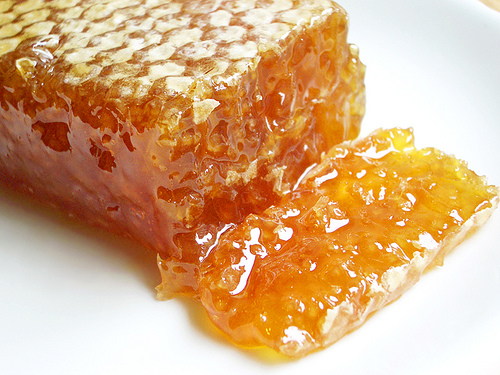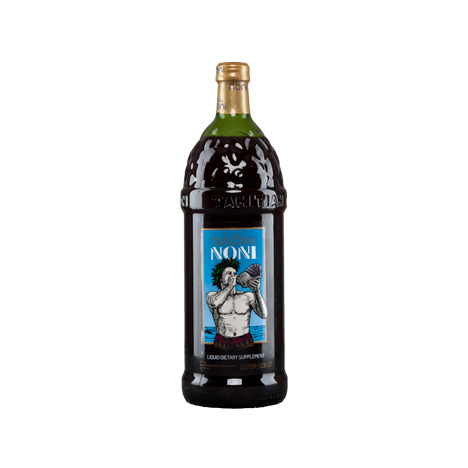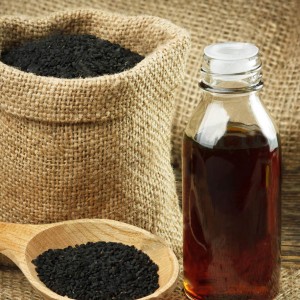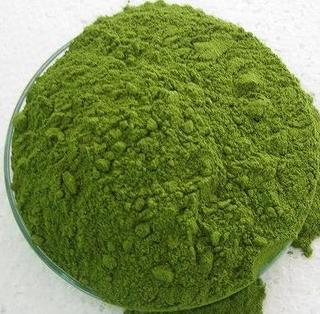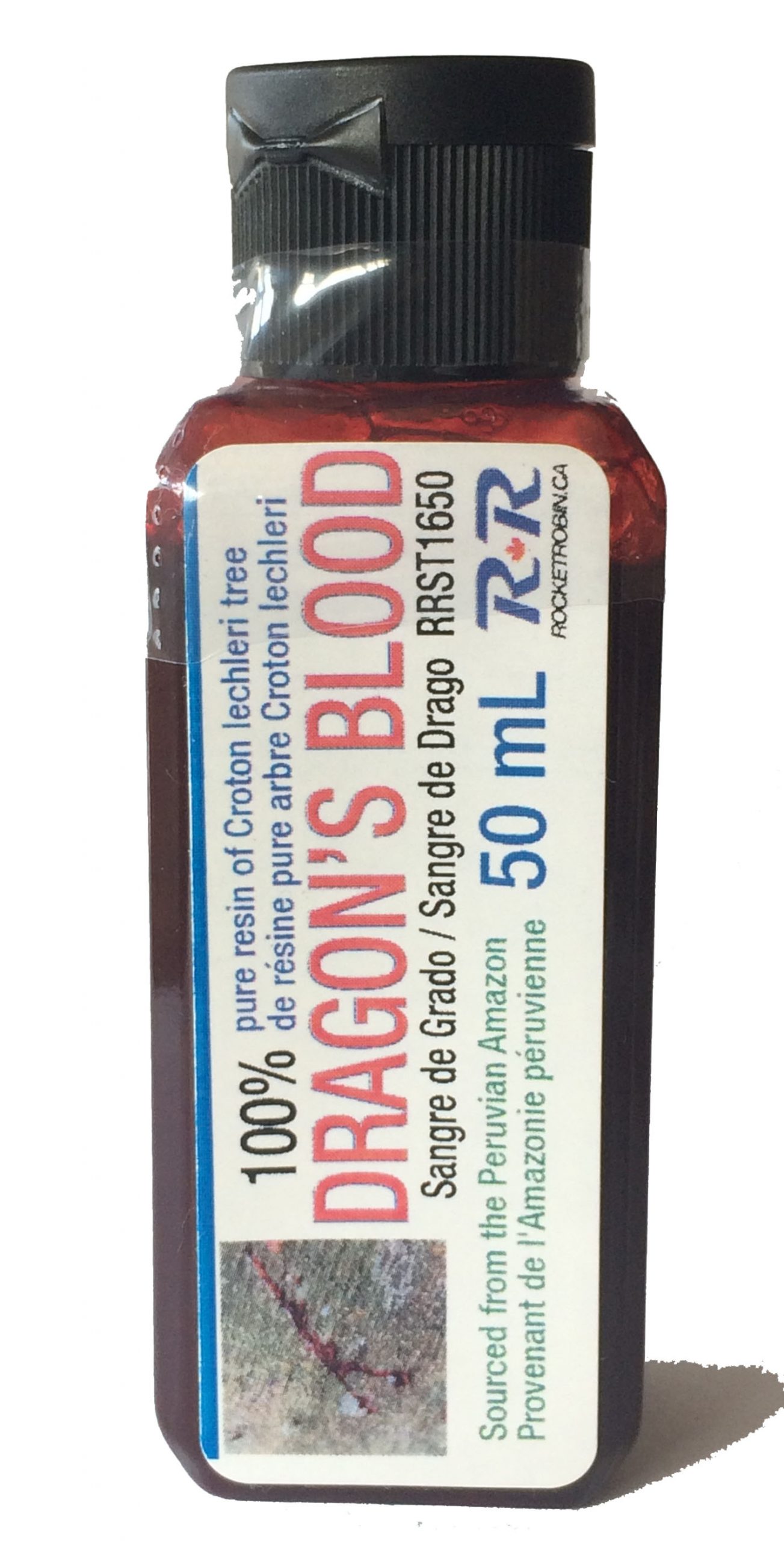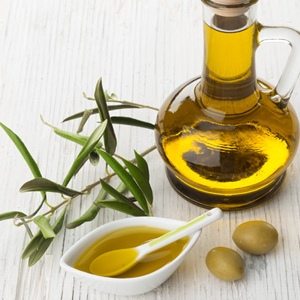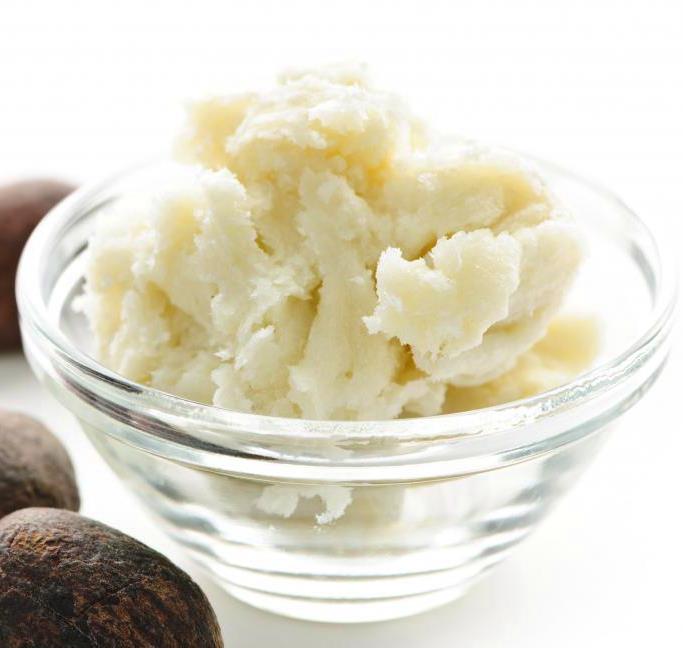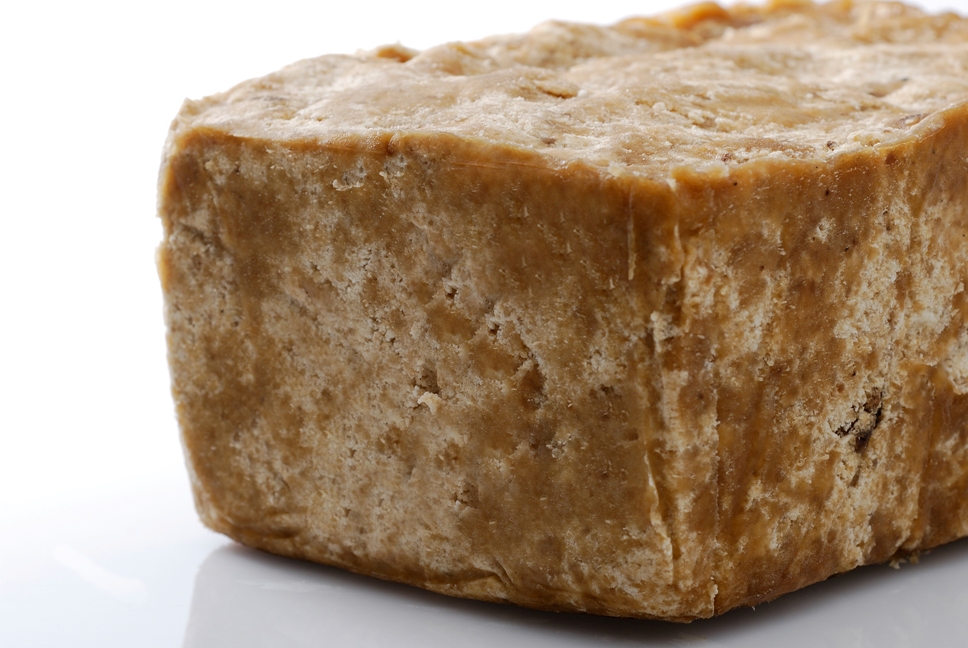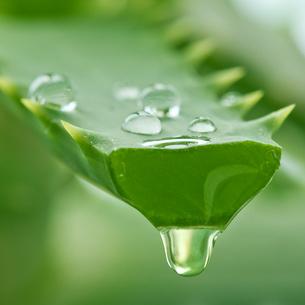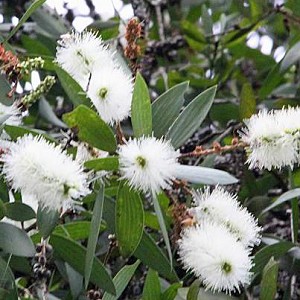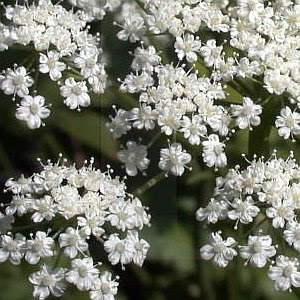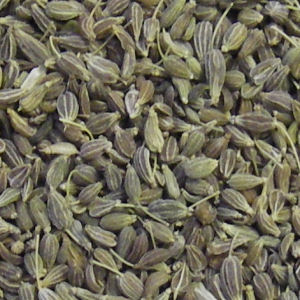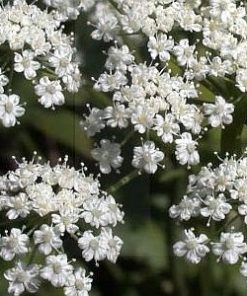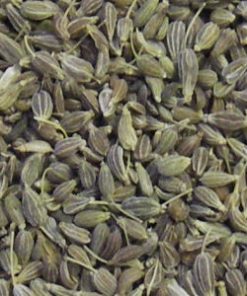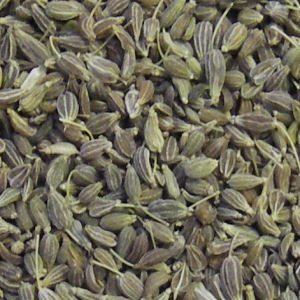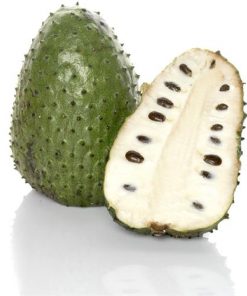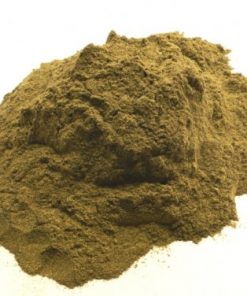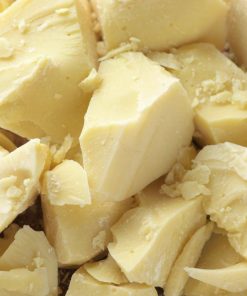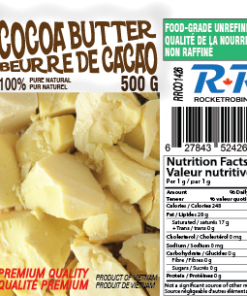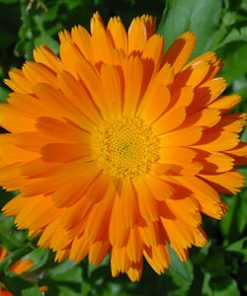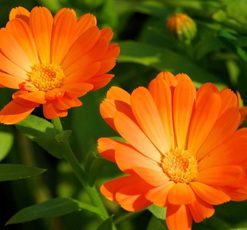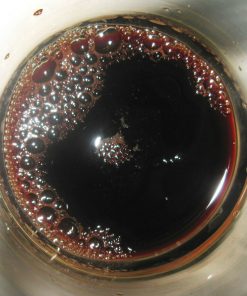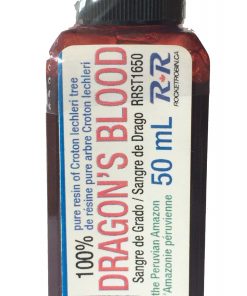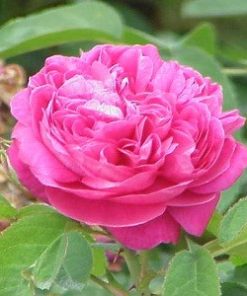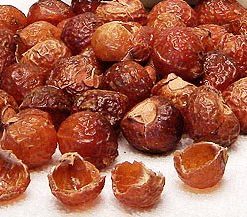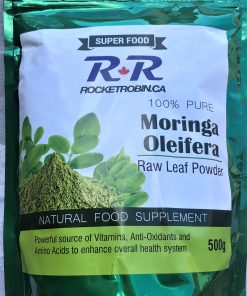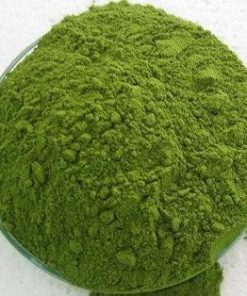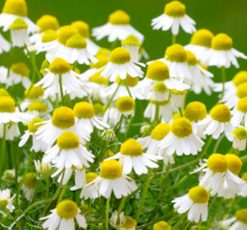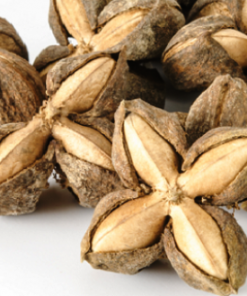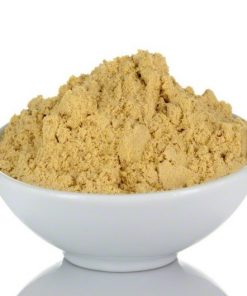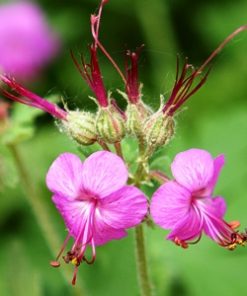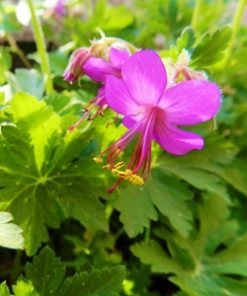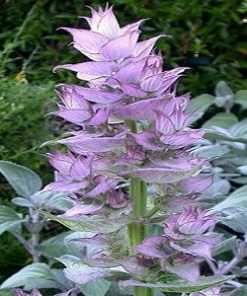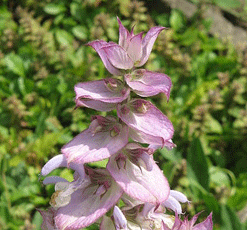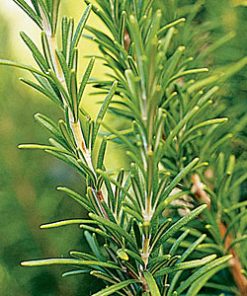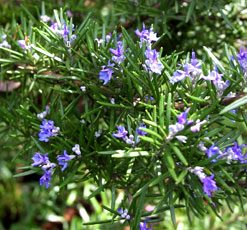Description
Essential Oil Anise (15ml)
Essential Oil Anise
Aroma: Distinctive aroma of black licorice, cheering, mildly euphoric, sense enhancing.
Traditional Use: Since ancient times, anise has been in use as a spice and flavoring agent for food stuffs and beverages. It is also employed to flavor liquors and used as a mouth freshener and digestive agent.
Properties: Antirheumatic, Antiseptic, Antispasmodic, Aperient, Carminative, Insecticide, Sedative, Anti-epileptic, Anti-hysteric,
How to Use: Sweet and very aromatic, anise can be used in tea, or in baking and cooking
Blends well with: Lavender, rose, orange, cypress.
Safety: Poisonous to certain small animals and birds such as pigeons. Not recommended for infants. Avoid during pregnancy. Not for internal use.
HISTORY OF USE
Anise, Pimpinella anisum, also called aniseed, is a flowering plant in the family Apiaceae native to the eastern Mediterranean region and Southwest Asia. Its flavor has similarities with some other spices, such as star anise, fennel, and liquorice.
Anise is native to the eastern Mediterranean region, the Levant, and Egypt. The early Arabic name was anysum from which was derived the Greek anison and the Latin anisun. It is one of the oldest known spice plants used both for culinary and medicinal purposes since ancient times. There is evidence that anise was used in Egypt as early as 1500 B.C.
To aid digestion the Romans enjoyed anise-spiced cakes after heavy meals and it was spread throughout Europe by Roman legions. In the Bible there is mention of paying tithe with anise in the book of Matthew. In 1305, anise was listed by King Edward I as a taxable drug and merchants bringing it into London paid a toll to help raise money to maintain and repair London bridge.
CULINARY USES
Anise is sweet and very aromatic, distinguished by its characteristic flavour. The seeds, whole or ground, are used in a wide variety of regional and ethnic confectioneries. Anise bears a strong family resemblance to the members of the carrot family, that includes dill, fennel, coriander, cumin and caraway. Many of these relatives have been described as having a licorice flavour, to some extent, but anise is the true taste of licorice— its oils are distilled into the flavouring for licorice candy (not from the herb licorice, which has a different taste).
Not to be confused with star anise, which is generally used in Chinese dishes, anise is primarily associated with cakes, biscuits and confectionery, as well as rye breads. It is used in much the same way as fennel to flavour fish, poultry, soups and root vegetable dishes. Numerous alcoholic drinks and cordials are flavoured with aniseed, particularly French pastis, Pernod and Ricard, Greek ouzo, Spanish ojen, Turkish raki, Italian anesone, Arab arrak and Egyptian kibib.
Health Benefits of Anise
Called “Tut-te See-Hau” by American Indians, meaning “it expels the wind”, anise’s carminative properties have been known since antiquity. It helps with digestion and sweetens the breath, so it is chewed after meals in parts of Europe, the Middle East and India. It is a mild expectorant, anise often being used in cough mixtures and lozenges. It is also antiseptic, antispasmodic, soporific and a few seeds taken with water will often cure hiccups.
Anise is used in the manufacture of many commercial cough syrups and sore throat medications, used to flavour other medicines and to scent soaps and perfumes. It is also claimed that anise is an effective bait for rats and mice and the distilled oil dabbed onto a fishing lure will improve a fisherman’s chances. Dogs are also attracted by anise — it is often an ingredient in dog food and the seeds may be used to lay drag hunt trails and also by anti-blood sport movements to put hounds off the scent.
DIFFUSERS
Anise essential oil can be added to diffusers and inhaler blends intended to help ease bronchitis, colds and the flu. Anise is an expectorant that is also antiseptic to the mucous membranes. This means that anise does double duty: it kill germs while clearing the lungs of congestion.
Caution: NEVER USE INTERNALLY.
- Not recommended for pregnant women and infants.
Individuals with serious and chronic health issues should consult an expert prior to using oils.
TRUST ROCKET ROBIN
Rocket Robin is proud to be your supplier of truly natural products with simple ingredients in support of your family’s health and well-being.
Additional information
| Weight | 0.1 kg |
|---|---|
| Dimensions | 10 × 10 × 1 cm |

